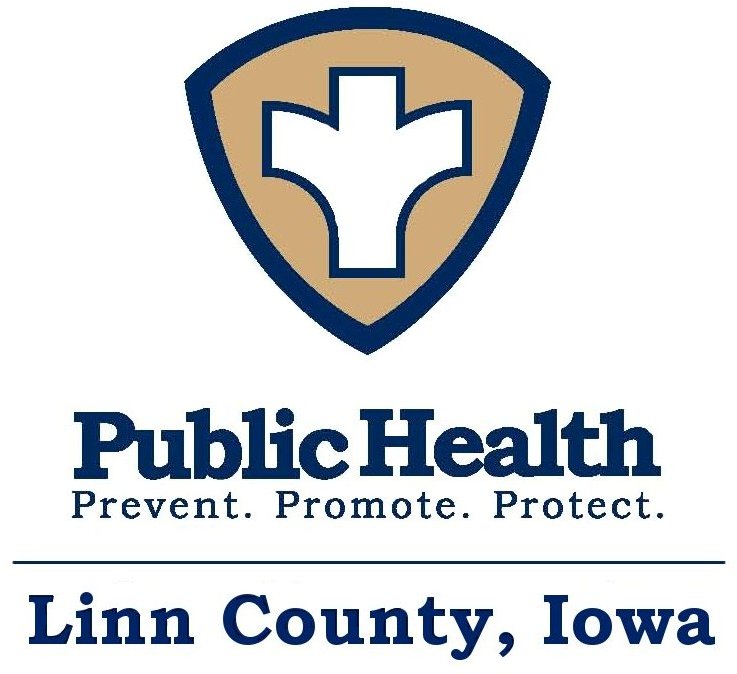
Important Announcement From Linn County Public Health
July 17, 2025 | Membership
Valued members, as you may be aware, there have been reports of measles cases across the country. We are helping pass along important information from our partners at Linn County Public Health to help ensure you have information needed to protect your employees and your business. Below is a message from Linn County Public Health:
We are reaching out to share guidance regarding measles as the United States experiences a surge of cases. As the disease spreads, we want to ensure you have the information needed to protect your employees and your business.
What is measles?
Measles is an extremely contagious disease. The measles virus lives in the nose and throat of an infected person. The disease is spread through the air by droplets when an infected person coughs or sneezes. A person may breathe in the droplets or touch a surface contaminated with the droplets. Measles can live for up to 2 hours in an airspace after an infected person leaves the area.
Measles is known for its rash: flat, red spots that appear on the face at the hairline, then spread downward to the neck, torso, arms, legs, and feet. However, the first symptoms appear 3–5 days before the rash. Those initial symptoms include high fever, cough, runny nose, and red, watery eyes.
The disease was officially declared eliminated in the U.S. in 2000, but due to decreased vaccination over the years, the country is seeing a resurgence in 2025. What could the impact be on your business?
Measles has the potential to have a large impact on a business. It is so contagious that, if one infected person enters a workspace, 90% of people without immunity who are in that space will also get sick. We want to help you prevent illness and staff absences. Here are ways to mitigate the potential impact of measles:
1. Ensure everyone at your business knows the signs and symptoms of measles. People should stay home as soon as they are sick to prevent the spread of the disease.
2. Encourage vaccination. It’s the best way to prevent a measles outbreak at your business.
Exposure
If a person is exposed to measles, a public health contact tracer will give them a call. The contact tracer will determine what protection the person has and what course of action they need to take.
If your employee is:
• Vaccinated with written documentation – They are protected and can work as usual.
o Proof of immunity can be documentation of 1 or more doses of the MMR vaccine.
o Proof of immunity can also be age. People born before 1957 are assumed to be immune since measles was so widespread during that time period.
• Vaccinated without written documentation – Public health will work with the employee to obtain proof of immunity. The employee may be asked to give a blood sample to show they are protected against measles.
• Unvaccinated/No immunity from previous infection – Public health will determine a course of action depending on the employee’s exposure and health status. This may include getting post-exposure prophylaxis (PEP), watching for symptoms, or a 21-day quarantine. If an individual must quarantine, they cannot leave home, and they cannot show up to a work site during that time. The quarantine is a legal order from the state.
• Sick with a confirmed case of measles – The employee can return to work if it has been at least four days since their rash began.
Vaccination
While measles is one of the most contagious diseases known to affect humans, the measles, mumps, and rubella (MMR) vaccine is also one of the most effective vaccines developed. Two doses are 97% effective at preventing measles.
If you would like more information on measles:
• Measles Vaccine Recommendations from the CDC
• Controlling Spread of Measles from Iowa HHS
• Laws and Quarantine Orders from Iowa HHS
We want everyone in Linn County to be healthy and live and work without interruption. We encourage you to be proactive in protecting your employees and your business from measles.
Thank you for your contribution to promoting public health.
Sincerely,
Linn County Public Health
